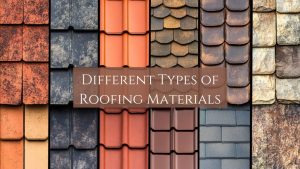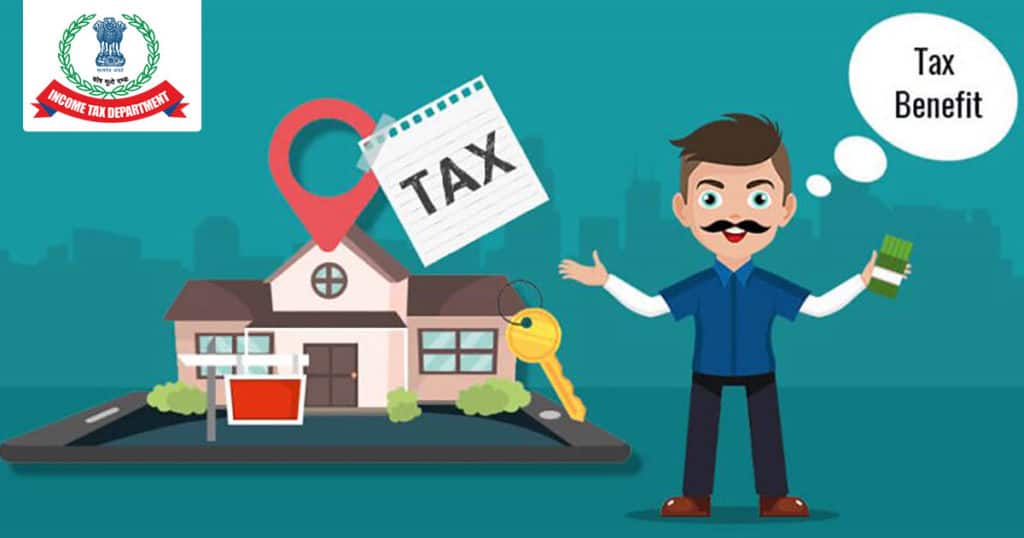
Every individual has a dream to own a house of their own at some point in their life. The investment made on purchasing or owning a home would definitely be the biggest investment in an individual’s lifetime.
A majority of first-time homebuyers would apply for a home loan to help them in purchasing or constructing their dream home.
Property ownership comes with the responsibility of paying taxes. An individual’s income from house property is taxed depending on its ability to earn a specific amount of rent, even if the house has no occupancy.
To ensure that property purchases are advantageous, the government provides various income tax benefits for properties that are purchased on a home loan. Purchasing a property on a home loan provides added benefits – one can be a homeowner at a very early stage then they can be, to not solely be dependent on their savings.
Purchasing a property on a home loan has become worthwhile, considering that home loans are available at low-interest rates starting at 6.65% per annum.
Income Tax Benefits On Home Loans
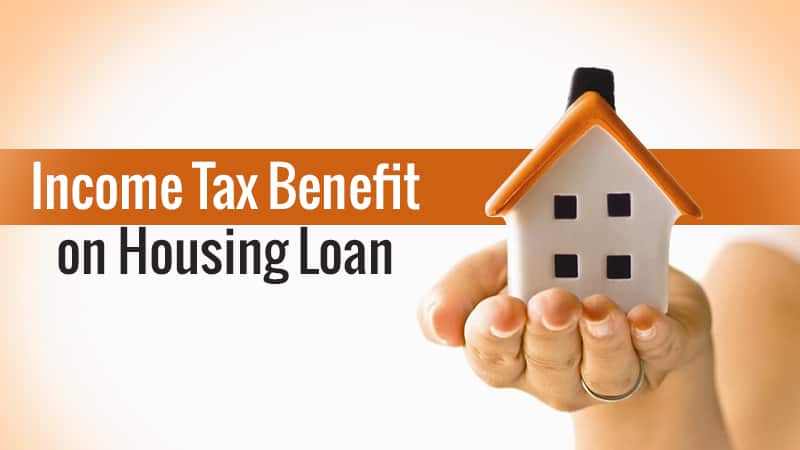
Home loan borrowers repaying the loan amount can claim tax benefits on home loans under different sections of the Income Tax Act (ITA), 1961. Below mentioned are the following deductions that are allowed on home loan principal
1.) Section 80C Deduction Of Income Tax
Section 80c deduction is available for property construction and property purchase. It can be claimed if the property is self-occupied, rented, and deemed-to-be-rented properties.
Through Section 80C, approximately twelve investments or expenditures, which include payments that are done towards provident fund, public provident fund, life insurance policies, stamp duty and registration charge on property purchase, home loan principal, etc, are tax-free. Under Section 80c you can claim tax benefits of up to Rs 1.5 lakhs per annum.
Terms And Conditions For Homebuyers To Avail Of Benefits Under Section 80C Of Income Tax

- If you have taken a home loan, the construction work should be completed within 5 years of taking the home loan.
- The house can not be sold within 5 years of possession. In case that happens, any deductions that you have claimed will be added back to your income and taxed accordingly, in the assessment year in which the sale takes place.
- Deductions under Section 80C are offered on the payment basis – deductions can only be claimed on the borrower’s actual amount in a year.
How To Maximize Tax Deduction Under Section 80C Of Income Tax?
If a property is co-owned, each borrower can claim Rs 1.5 lakhs as a tax deduction on their respective incomes under Section 80C of income tax. For spouses to claim the benefit, they have to be co-owners, as well as co-borrowers.
2.) Deductions Under Section 24 Of Income Tax
- Deductions under section 24 of income tax are available for property constructions and property purchases and they can be claimed for properties that are self-occupied, rented, and deemed to be rented properties.
- Under Section 24, homebuyers can claim deductions of up to Rs 2 lakhs towards interest paid annually. However, this is only for self-occupied properties. If the property has been rented or is deemed to be rented, the entire interest amount will be waived off as a deduction. In this case, the taxpayers can only offset losses of up to Rs 2 lakhs under the head income from housing property in a year.
- In case if the loan money needs to be used for the construction or purchase of a new property, the borrower can claim Rs 2 lakhs as a deduction on pre-construction interest in a year, in five equal installments at the start of the year in which the property is constructed or purchased.
Terms And Conditions For Home Buyers To Avail Of Benefits Under Section 24
- The construction work should be completed within 5 years of taking the home loan.
- The deduction is capped at Rs 30,000 if the house is not constructed within 5 years of taking the loan. This period starts from the end of the financial year in which the loan is borrowed.
- The deduction can be claimed from the year in which the construction is completed.
- The loan should have been taken after April 1, 1999.
- A certificate from the bank about the interest calculation is required, to claim the benefit.
- Deductions under Section 24 are offered on an accrual basis – interest is calculated for each year separately and the rebate can be claimed even if no actual payment is made.
How To Maximise Tax Rebate Under Section 24 Of Income Tax?
If a property is jointly owned, each co-borrower can claim Rs 2 lakhs as a tax deduction on their respective incomes under Section 80C. In this scenario, all the owners have to be co-borrowers.
Borrowers must also ensure that if they have paid more than Rs 2 lakhs as interest in a year, they have the option to carry the additional expense forward for another three years, to set off the losses. This option is available to only those property owners who are generating income from the house property.
3.) Deductions Under Section 80EE
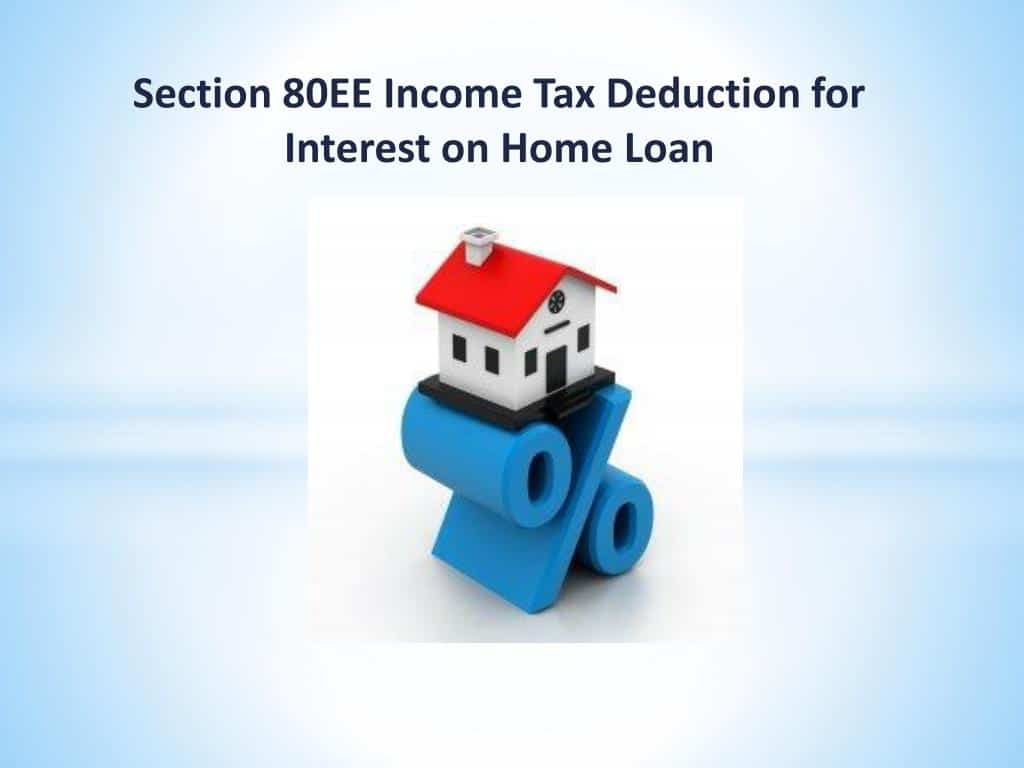
- Deductions under section 80EE are available for those who want to purchase property and it can be claimed for properties that are rented, deemed to be rented, and self-occupied properties.
- Section 80EE was introduced in the financial year of 2013-15 for two years to ensure that homeownership could be more cost-effective for first-time homebuyers by offering allowance over and above the deductions under Section 80C and Section24.
- When it was introduced, the deduction limit under this section was capped at Rs 1 lakh. It was later reintroduced in the financial year 2016-2017 and the rebate limit was set at Rs 50,000 per annum.
Terms And Conditions For Home Buyers To Avail Benefits Under Section 80EE
- The buyer must be a first-time homebuyer.
- The value of the property must not exceed Rs 50 lakhs and the loan value should be up to Rs 35 lakhs.
- Deductions can only be claimed if the loan is borrowed from a financial institution. Rebate is not applicable if the loan is borrowed from family members or friends.
- The taxpayer can claim the rebate under Section 80EE only after exhausting the waiver provided under Section 24.
How To Maximize Tax Benefits Under Section 80EE Of Income Tax?
Section 80EE is no longer available for people applying for new home loans. The borrowers who took the loan when section 80EE was applicable can claim the benefits for their tenure.
Since Section 80EE does not specify that the property must be self-occupied to claim the rebate, one can also claim the rebate on their rented or deemed to be let out property.
Deductions Under Section 80EEA
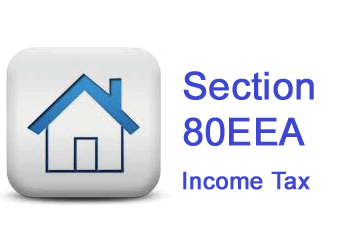
- Deductions under section 80EEA are available for property purchases and can be claimed for rented, deemed to be rented, and self-occupied properties.
- Section 80EEA was introduced in the interim budget of 2019, with a vision to make homeownership more beneficial to first-time buyers by offering an additional deduction of Rupees 1.50 lakhs a year. The benefits under section 80EEA were extended till March 2021.
- Benefits under Section 80EEA are over and above the ones offered under Section 80C and Section 24. Since this section doesn’t specify the point, it can be understood that the benefits are available for residents, and non-residents.
Terms And Conditions For Home Buyers To Avail 0f Benefits Under Section 80EEA
- The deduction is available to individuals who are first-time buyers.
- Only those buyers can claim benefits under Section 80EEA who are not claiming deductions under Section 80EE.
- Property values should not exceed Rs 45 lakhs.
- The carpet area of the unit is limited to 60 sq meters in megacities and 90 sq meters in other cities.
- The loan should have been taken from a bank or housing finance company and not from friends or family members.
Final Takeaway: How To Maximize Tax Benefits Using Section 80EEA Of Income Tax?
First-time buyers can claim Rs 3.5 lakh as interest deduction by combining the benefits under Section 24 and Section 80EEA. If the property is jointly owned, the co-borrowers can individually claim Rs 3.50 lakhs per annum as a tax benefit. Since Section 80EEA does not specify that the property must be self-occupied, the rebate can be claimed on the rented or deemed-to-be-let-out property.
FAQs: All About Home Loan Income Tax Benefits
1. How much tax benefit can a person get on a home loan?
The tax deduction is limited to Rs 1.50 lakhs per annum under Section 80C, while the rebate towards interest is Rs 2 lakhs.
Additional tax benefits are also offered to first-time homebuyers under Section 80EE and Section 80EEA.
2. If a person buys a property jointly, can both of them claim tax benefits?
Both borrowers can separately claim deductions of Rs 1.50 lakhs under Section 80C and Rs 2 lakhs under Section 24 while filing taxes, as long as they are co-borrowers as well as co-owners of the property.
3. Is it possible to claim deductions for a house that is under construction?
The buyer can claim the tax deduction towards interest payment, only after completing the house’s construction.
After taking possession of the house, the buyer can claim the entire amount in five equal installments.
4. Is it possible to claim tax benefits if a person borrows money from family members or friends?
In this scenario, one can claim deductions towards the interest component under Section 24. The person from whom one borrows the money would also be compelled to issue you an interest certificate, based on which your deduction claim would be accepted.
5. My wife and I are co-borrowers and co-owners of a property, but I pay 70% of the EMI. In what proportion can we claim tax deductions while filing income tax returns?
The tax break is shared by each party in dimension to his contribution towards the EMI repayment.
6. Can I claim home loan tax benefits on two home loans?
Yes, you claim deductions on two home loans within the specific limit under Section 24 if the properties are self-occupied. Only for your first home, you can claim benefits under Section 80EE or 80EEA. For your second home, no deduction is available on the principal payment.
7. How to calculate income tax benefits on home loan?
All banks provide online calculators that help borrowers arrive at the amount they can claim as income tax rebates. Details such as loan amount, loan tenure, interest rate, annual income, etc., have to be provided while using the online calculator.
8. What is an interest certificate?
It is a certificate that specifies the amount one pays every year as the principal and interest component of the loan home. The taxpayer has to submit this certificate, to claim deductions.
9. What are the exclusive home loan tax benefits for first-time homebuyers?
Only first-time buyers can claim deductions under Section 80EE and Section 80EEA. This helps them make their combined deductions as high as Rs 5 lakhs per annum. The benefit will double if the property is jointly owned.
10. Is there a tax deduction of stamp duty and registration fees paid under section 80C of income tax?
Borrowers can avail of deduction on stamp duty and registration charges paid during a residential property acquisition within the maximum deduction of up to Rs.1.5 lakh under section 80C of income tax.

